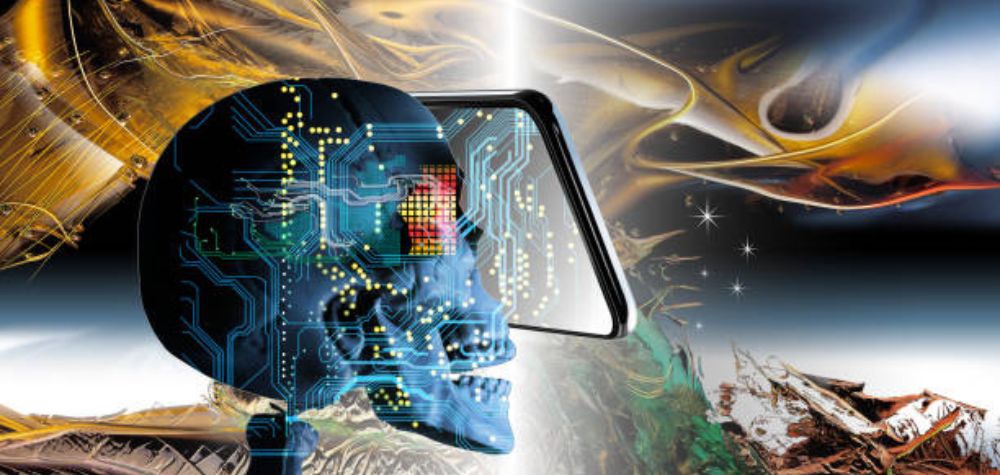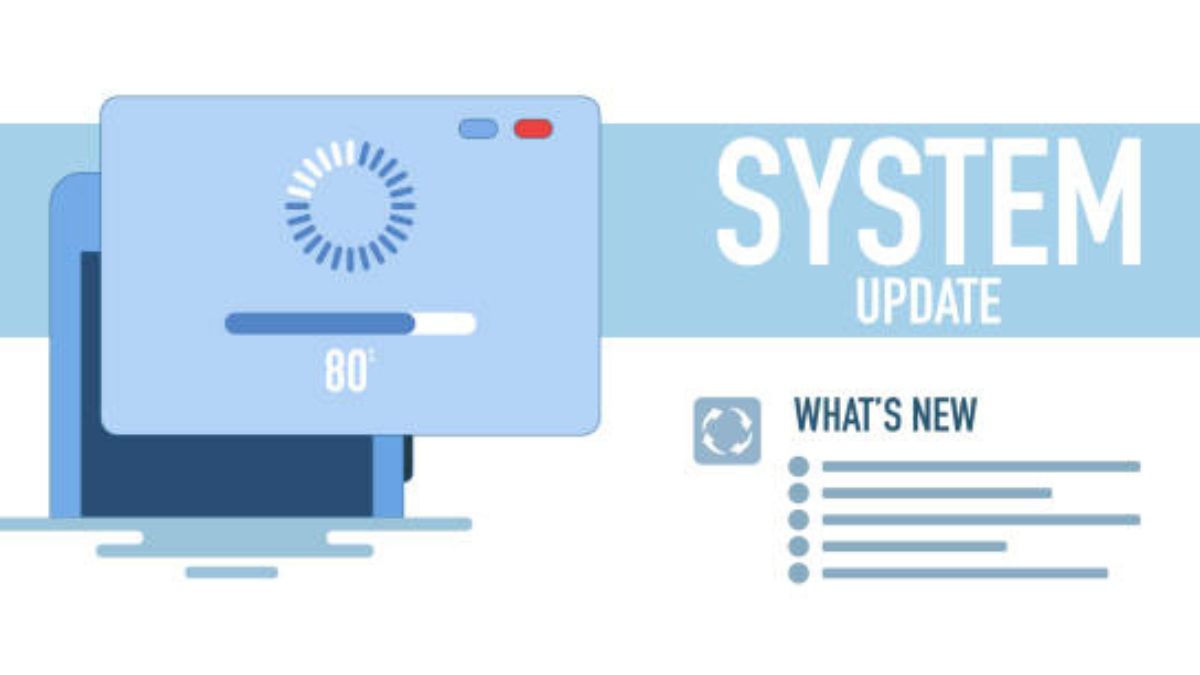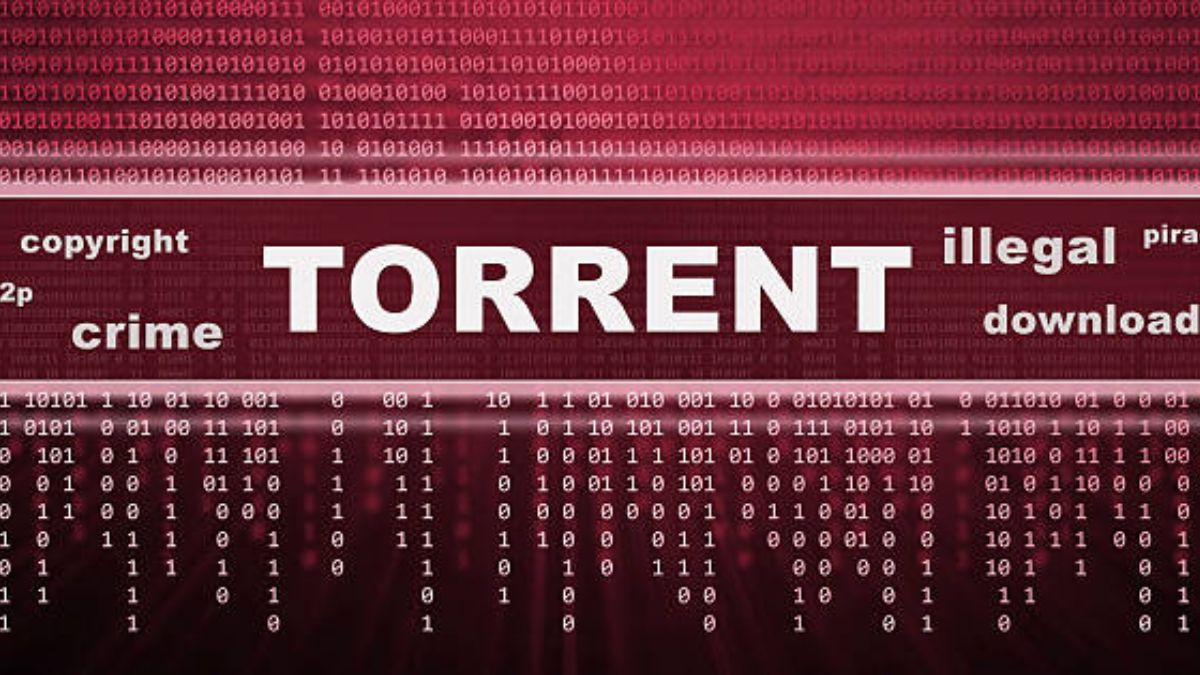Welcome to the Eschaton Blog, where we navigate the fascinating crossroads of theology and technology. In a world increasingly dominated by digital communication and online interactions, questions arise about our spiritual journeys. How does faith adapt in this ever-evolving landscape? The Eschaton Blog dives deep into these inquiries, exploring how ancient beliefs intersect with modern innovations.
As we face what some call a “digital apocalypse,” understanding this relationship has never been more crucial. Join us on an exploration that challenges conventional perspectives while igniting thoughtful dialogue on spirituality amidst bytes and pixels. Whether you’re a tech enthusiast or someone seeking deeper meaning in life’s complexities, there’s something here for you as we unravel the intricate tapestry connecting belief systems with technological advancements.
The Intersection of Theology and Technology
The intersection of theology and technology is a fascinating landscape. With the rise of the digital age, religious practices are evolving in unexpected ways.
Worship isn’t confined to brick-and-mortar churches anymore. Virtual congregations gather online, creating community across geographical boundaries. Live-streamed services and social media sermons engage believers like never before.
Yet, this technological embrace raises questions. Can faith truly thrive in a virtual environment? Does the screen mediate or dilute spiritual experiences?
Religious leaders grapple with these shifts. Some celebrate tech as a tool for outreach while others warn against its potential distractions from genuine connection with the divine.
As we navigate this brave new world, it’s clear that technology influences how spirituality unfolds today. The dialogue between ancient doctrines and modern advancements continues to shape our understanding of both realms.
Exploring the Digital Apocalypse
As we navigate through the digital age, some fear it may lead us to an apocalyptic scenario. The term “Digital Apocalypse” evokes images of society collapsing under technology’s weight.
This phenomenon isn’t just about societal breakdown. It’s also a spiritual crisis. Many ponder how rapid advancements challenge traditional beliefs and ways of worship.
Social media can amplify division, fostering environments where misinformation thrives. In contrast, it offers platforms for new forms of community and connection.
Virtual reality presents unique opportunities for immersive experiences in spirituality but raises questions about authenticity. What does it mean to have a genuine encounter with the divine when mediated by screens?
Amid these complexities, individuals search for meaning and guidance. The Digital Apocalypse pushes us to rethink our relationships—both with technology and each other.
The Impact of Technology on Religion and Spirituality
Technology has transformed how individuals engage with faith and spirituality. Online platforms allow for the sharing of religious texts, discussions, and teachings across vast distances. This digital space creates opportunities for dialogue among diverse belief systems.
Virtual congregations have emerged as a response to the need for connection during times of physical distancing. Many find solace in live-streamed services or online prayer groups that foster community despite geography.
However, this shift also raises questions about authenticity and depth of experience. Can a screen replace face-to-face interaction? Some argue it dilutes the essence of sacred gatherings.
Social media serves both as a tool for outreach and a platform for debate within communities. It can unite believers but also spark division over interpretations and practices.
As technology evolves, so does its impact on spiritual life, prompting ongoing conversations about tradition versus innovation in worship.
Case Studies: How Different Religions are Embracing or Rejecting Technology
Many religious communities are navigating the complexities of technology in diverse ways. For instance, Buddhist monks have embraced digital tools to spread mindfulness practices globally. By creating apps and online courses, they reach audiences far beyond their monasteries.
Conversely, some conservative Christian groups remain wary of technology’s influence. They often limit screen time and resist social media’s pervasive presence. Their focus is on fostering face-to-face connections within their congregations.
Islam presents another fascinating example. Many Muslim organizations utilize social media platforms for outreach during Ramadan or to share educational content about Islamic teachings.
Meanwhile, Hindu temples are integrating virtual reality experiences that allow followers worldwide to participate in rituals remotely. This blend of tradition with innovation reflects a willingness to adapt while maintaining spiritual integrity.
These case studies illustrate how religions interpret technological advancements differently, shaping faith expressions in the modern age.
Ethical Considerations in the Digital Age
The digital age presents a myriad of ethical challenges that affect our personal and collective lives. As technology evolves, so too do the dilemmas we face regarding privacy, data security, and consent.
Many individuals grapple with how their information is used by companies. Personal data has become a commodity, often collected without explicit permission. This raises questions about ownership and control over one’s own identity in cyberspace.
Moreover, the rise of artificial intelligence forces us to consider accountability. When machines make decisions traditionally held by humans, who assumes responsibility for errors or harm?
Religious communities also find themselves at a crossroads. They must navigate these technological waters while remaining true to their core values.
As society continues to embrace innovation, it is essential to engage in discussions that promote ethical awareness in every digital interaction. The implications stretch far beyond individual users; they touch on humanity as a whole.
Conclusion: Looking Towards the Future of Eschaton Blog and Society’s Relationship with Technology
As we navigate the complexities of our modern world, the Eschaton Blog stands as a vital space for discussion. It invites readers to explore how technology shapes theology and spirituality. The fast-paced digital landscape raises questions about human connection and faith.
The blog will continue to delve into these pressing topics, offering insights from various religious perspectives. We aim to foster dialogue that challenges traditional views while celebrating innovative approaches.
It’s essential to stay open-minded in this evolving narrative. Technology can be both a tool for enlightenment and a source of ethical dilemmas. As society grapples with its relationship with digital advancements, Eschaton Blog will remain at the forefront, guiding conversations on what it means to live faithfully in an increasingly virtual world.
Looking ahead, there is much more to unpack regarding technology’s role in shaping spiritual beliefs and practices. The future holds endless possibilities for exploration and engagement within this fascinating intersection of theology and innovation.















